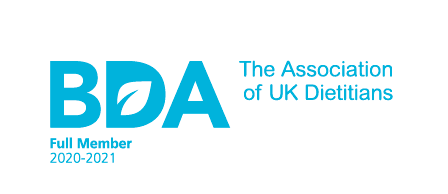What is Type 2 Diabetes and how does it occur?
Type 2 Diabetes occurs when the level of glucose (sugar) in your bloodstream becomes too high.
All carbohydrates – breakfast cereals, bread, crackers, rice, pasta and potatoes – are all converted in to glucose (sugar) when they are digested by the body.
This is completely normal and happens whether you have diabetes or not.
This glucose enters the bloodstream and when the levels start to rise, the pancreas becomes stimulated to produce insulin. Insulin is a hormone, whose role is to transport that glucose from the bloodstream and into the body’s cells, where they are required for energy.
In Type 2 Diabetes, this mechanism does not work as well as it should.
In some cases, the pancreas is not producing adequate insulin and in others the insulin is not working properly.
This means your blood glucose (sugar) levels keep rising.
How will I know if I have Diabetes?
The most common symptoms include:
- feeling very tired,
- feeling thirsty more than usual
- going to the toilet a lot
- losing weight without trying to.
It is important to note that many people do not have symptoms. Therefore it’s important to know if you are at risk from developing type 2 Diabetes. If your risk factor is high you should ensure that you have regular blood tests.

How do I know if I am at risk of developing Diabetes?
There are several factors that can affect your risk of developing Type 2 Diabetes. These include:
- your age
- family history
- ethnicity
- weight.
If you would like to know whether you are at risk take my ‘Diabetes Risk Quiz’. This has been designed to help you calculate your risk.
Can it be cured?
Currently, there is no cure for Type 2 Diabetes, but some people are able to put their diabetes into remission. This means that your blood glucose levels are within the normal range, without the help of any medication. Remission may not be possible for you, especially if you have had Diabetes for many years.
The next question I can hear you ask is…
Is Type 2 Diabetes dangerous? Why do high blood glucose levels matter?
If blood glucose levels remain high, there can be serious damage to your blood vessels, which could lead to problems with your eyes, heart, kidneys and feet. These are called the complications of diabetes.
Complications are not a consequence of Diabetes. They are a consequence of poorly-controlled Diabetes.
If you look after yourself and keep your blood glucose levels within a controlled range, you will reduce your risk of developing complications.
Follow my blogs to find out more about how to do this!

